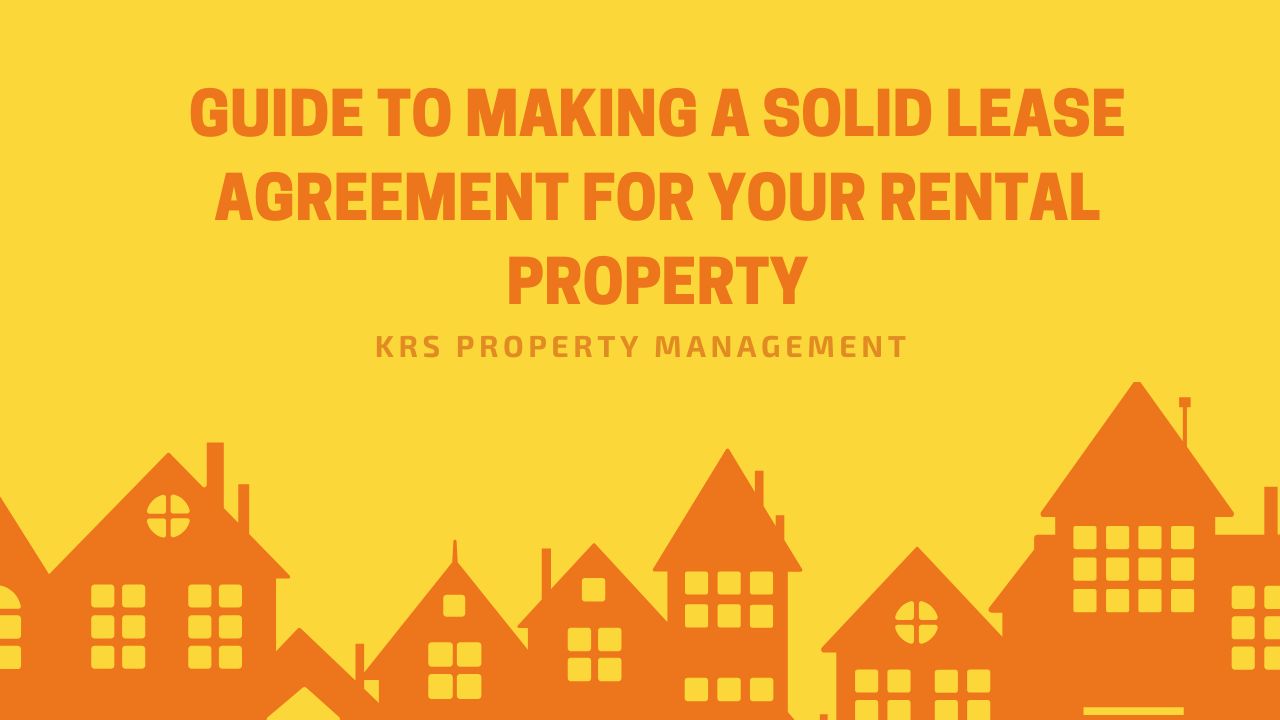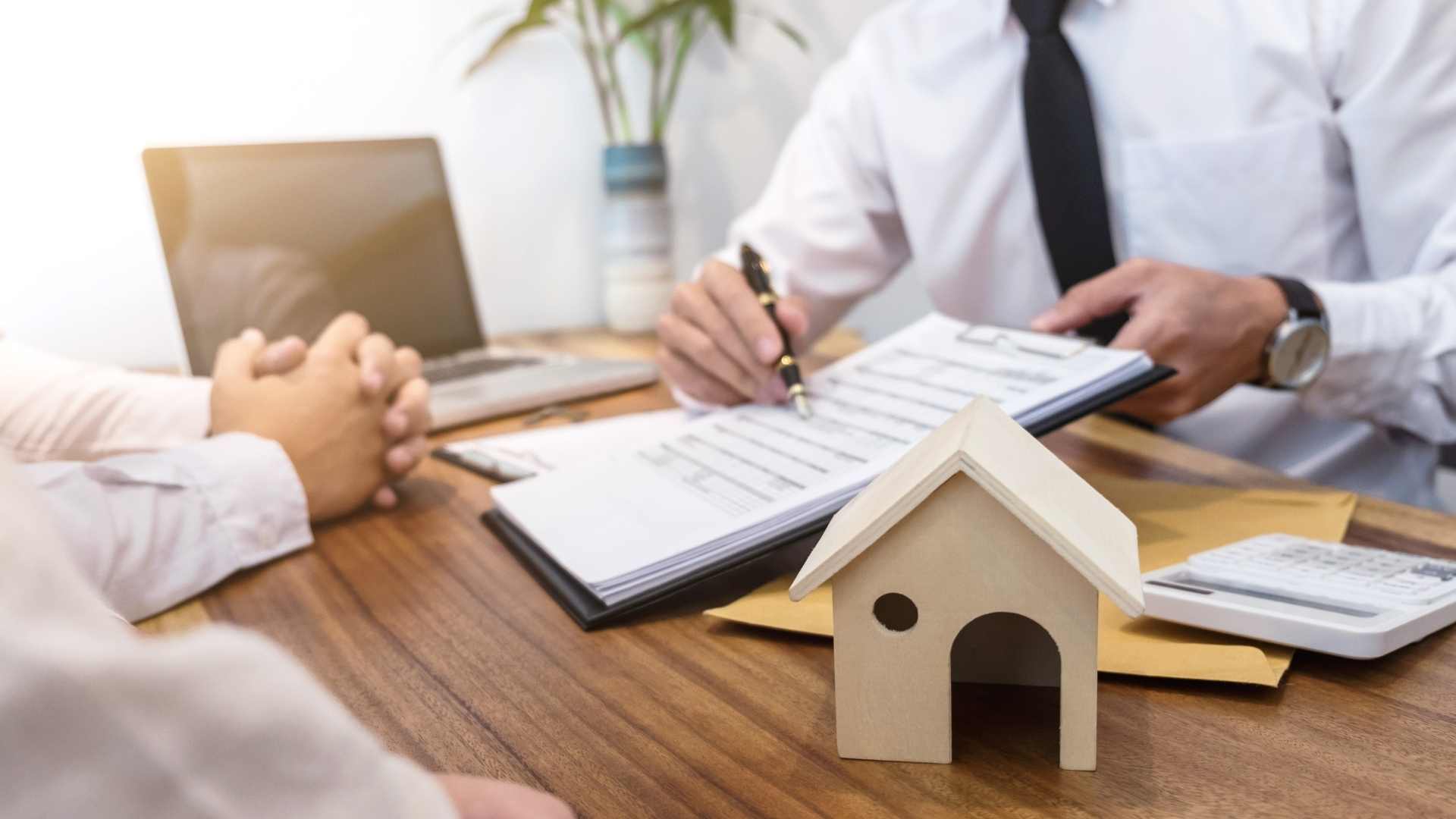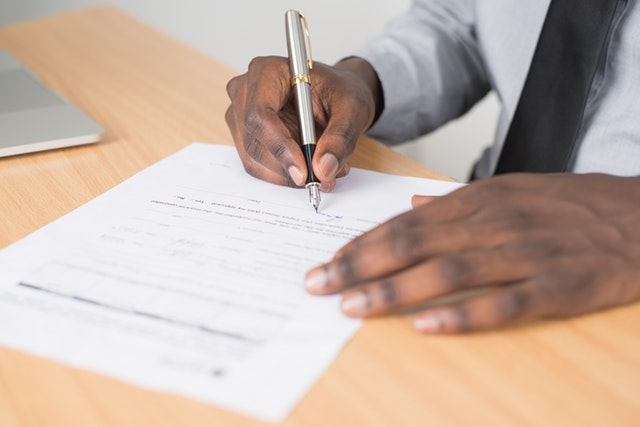
Key Takeaways
- Clear Terms Protect Both Parties: A well-drafted lease specifies responsibilities like rent amounts, maintenance duties, and security deposit terms to avoid confusion and disputes.
- Legal Compliance: Always ensure that the lease complies with local laws, such as limits on late fees and tenant rights regarding repairs and property conditions.
- Tenant Responsibilities: Tenants must maintain cleanliness, prevent property damage, and avoid disturbing neighbors as part of their legal obligations.
- Landlord Access: The lease should outline specific conditions for landlord property access, ensuring tenant privacy while respecting legal obligations.
As a landlord, it’s crucial to ensure that you require tenants to sign a contractual lease agreement when you rent out your property.
Why? The lease will hold the tenant responsible for certain things, such as, how much rent to pay, the amount of the security deposit and its purpose, and repair and maintenance responsibilities.
A solid lease agreement eliminates any grey areas that can be potential grounds for conflicts or misunderstandings.
If you are just getting started as a landlord, or are simply looking to learn about how to create a solid lease agreement, this blog by KRS Charlottesville has you covered. Here’s everything to know in this regard!
How to Draft a Lease
As a rental property owner, you have multiple ways that you can use to create a lease agreement. One option is to use an online template. A quick search on Google can provide you with multiple templates that you can use when drafting a lease through DIY.
Online templates, however, may not be customizable to fit your unique requirements. Ideally, hire a property management company to help you with the drafting process.
A good property manager will provide you with reliable and professional advice to help you iron out all your specific requirements. What’s more, you can always rest assured that the lease they draft for you will be legally compliant.
Basics of a Rental Lease
No two leases are ever the same, however, certain basics always remain constant. The following are some of those basics for a solid lease agreement.

Names of All Parties
A lease is a contractual agreement between two or more parties, right? As such, being a contractual agreement, it means that it must contain the names of the parties involved.
It must contain your legal name and those of the tenants. Make sure that you include the names of all the adults who will be living on the property, including both members of a married or unmarried couple.
This will ensure that you have additional insurance as every tenant will be legally liable to the terms of the lease. For example, payment of rent and caring for the unit. Aside from having all legal names on the lease, also make sure to mention the property address as well.
Rent Details
From the amount of rent, to grace period, to late fees, make sure to put everything down in writing. This will ensure that the tenant understands all their responsibilities for on-time rent payments.
Let the tenant know about:
- Rent amount.
- Rent due date, usually on the first day of every month or after the grace period (if any).
- Grace periods.
Late rent fees.
Make sure to abide by all applicable state and local laws in this regard. In Virginia, for example, state law requires that landlords charge a maximum late fee of 10%.
Lease Duration
Specify the lease duration to eliminate confusion on when the lease comes to an end. If you fail to do so, you risk dealing with a holdover tenant situation.

A holdover tenant situation is where a tenant continues to stay on their rented premises after their lease expires. This situation can be especially difficult to handle if dealing with a difficult tenant.
If they refuse to leave the property after bringing up the issue with them, you may have to begin formal eviction proceedings against them. This can take you months to complete.
Subletting Policy
Whether to allow tenants to sublet or not is going to be among the many decisions you’ll have to make as a landlord. If you decide to allow it, make sure to have a policy to protect your interests.
For example, require that tenants who are subletting their rented premises inform you of their intentions first. This will ensure that you have direct control of the kind of occupants you have on your property. If you’re not going to be flexible in this regard, make sure tenants know this well in advance.
Property Access
One of the many responsibilities landlords have under state law is respecting their tenants’ peace and quiet. Even as the owner of the property your resident is living on, you cannot barge in as you wish. This would be considered landlord harassment.
As such, make sure to specify the conditions for entry in the lease. Specifically, let the tenant know of the minimum advance notice you’ll give them, and the reasons for entry. You may also agree on the entry times.

Tenant Responsibilities
State law grants both parties of the lease certain responsibilities after establishing a lease agreement.
As a landlord, for instance, you are responsible for providing the tenant with a habitable rental property. This means that, among other things, the property must have:
- Running water
- Working carbon detectors and smoke detectors
- Working plumbing and electrical systems
- Sufficient trash receptacles
- No mold
- No pest infestations
You must also make repairs within a reasonable time after receiving proper notification from the tenant.
In the same fashion, tenants, too, have certain obligations they must fulfil under state law. Including:
- Keeping the premises clean and sanitary.
- Keeping plumbing fixtures clean.
- Using all the appliances, facilities, and utilities reasonably and for their intended purposes.
- Not causing negligent or deliberate property damage.
- Not causing disturbance for other tenants or neighbors.
Abiding by the cleanliness standards as specified on the lease.
Security Deposits
Landlords who require tenants to pay a security deposit have certain responsibilities under state law.
Depending on your state, you may have a responsibility to inform the tenant about things like, amount of deposit to pay, how it’ll be stored, and when to return it. Make sure to confirm with the state and local laws in this regard.
Bottom Line
The journey to a solid landlord-tenant relationship begins with how well you’re able to lay out your expectations to the tenant. Including these basics in your lease can ensure an overall good experience for all parties in the lease.
For expert assistance in drafting a lease agreement or overall property management, KRS Charlottesville can help. We can enhance your bottom line and guarantee peace of mind. Get in touch to learn more!






